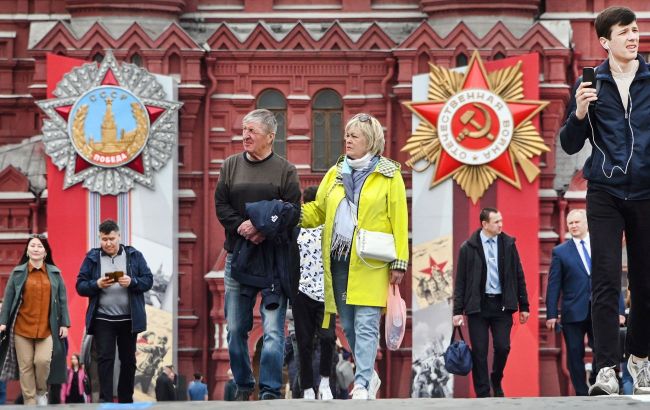Lithuania wants to impose fines for keeping Nazi and Soviet symbols
 Photo: Soviet symbols in Moscow (Getty Images)
Photo: Soviet symbols in Moscow (Getty Images)
Lithuania intends to turn away from its past. Specifically, the Ministry of Culture is proposing fines for the possession of Nazi and Soviet symbols with the intent to distribute them, according to LRT.
This proposal comes in response to a bill introduced in April by Vytautas Juozapaitis, Chairman of the Cultural Committee of the Seimas of Lithuania, and Laurynas Kasčiūnas, Minister of Defense of Lithuania.
Their bill suggested not only banning the distribution and display of Nazi and Soviet symbols within Lithuania but also prohibiting their importation or transit through the country.
Meanwhile, the Ministry of Culture has supported these changes in its draft resolution but also included the need for administrative penalties for those who store such symbols with the intent to distribute them.
As the proposal also addresses the transportation of these symbols, the Ministry of Culture suggests granting Lithuanian customs officials the authority to initiate administrative offense cases, conduct investigations, and draft reports. Currently, these responsibilities fall to the police and the State Border Guard Service.
The draft resolution must be approved by the government before being returned to Parliament for further consideration.
LRT has noted that Lithuania already prohibits the public display and distribution of Nazi and Soviet symbols, as well as images of the leaders of these regimes. Fines for individuals range from 300 to 700 euros, while for the heads of legal entities, the fines range from 600 to 1,200 euros.
In early September, it was reported that Lithuanian customs officials fined two local companies for violating sanctions against Russia. Each firm, both registered in Lithuania, received a fine of €10,000.
The companies were found to have provided temporary storage, customs clearance, and customs representation services for goods produced by Russian entities under sanctions.

